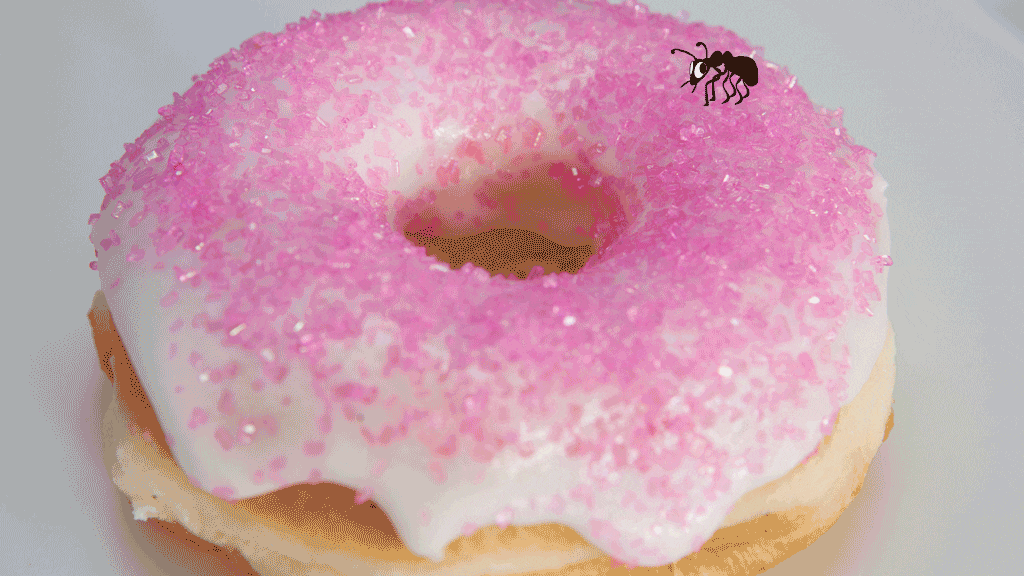I'm losing the battle and the war in my never-ending conflict with sugar ants—you know, the super-small ones. I never had this problem in Seattle. Do ants prefer the climate in Portland? The more relaxed attitude? More importantly, how do I combat them? —Axel O.
Anyone who's ever dropped a maraschino cherry on a warm day can attest to the unnerving swiftness with which ants conquer territory. Since I drink a lot of Manhattans—which (a) require maraschino cherries and (b) make you inclined to drop stuff—I've experienced it many times.
Within a few short hours, the ants will have built a tiny natural-gas-fracking boomtown around their new resource. Let it go for a whole day and they'll have created a whole civilization, with trade and the beginnings of written language. It's creepy.
All of which is to say that I share your pain, Axel. According to Oregon Department of Agriculture entomologist Josh Vlach, those "super-small ones" are probably odorous house ants.
Like human beings, odorous house ants are a nominally non-native species that, at this point, the Northwest has approximately zero chance of getting rid of. Also like human beings, they smell bad—squish a few and you'll know what I'm talking about.
If your ants don't stink when crushed, they could be the slightly larger pavement ants. It doesn't really matter, because the treatment is the same in either case: baiting (aka poisoning) them with a borax-and-sugar solution. (Around here, the brand Terro seems to have a lock on that market.)
Borax is harmless to people and pets (it's used as a food additive in some countries), but deadly to ants. It's like putting out chocolate if you had a bad infestation of dogs. Any time you find one of those maraschino-cherry boomtowns, remove the food source and replace with poison.
"If you can be patient and kill the colony, you should have a decent period of being ant-free—maybe even a couple of months," says Vlach. Ultimately, however, you're still doomed: "Eventually they'll be back because the environment is full of them."
QUESTIONS? Send them to dr.know@wweek.com.

